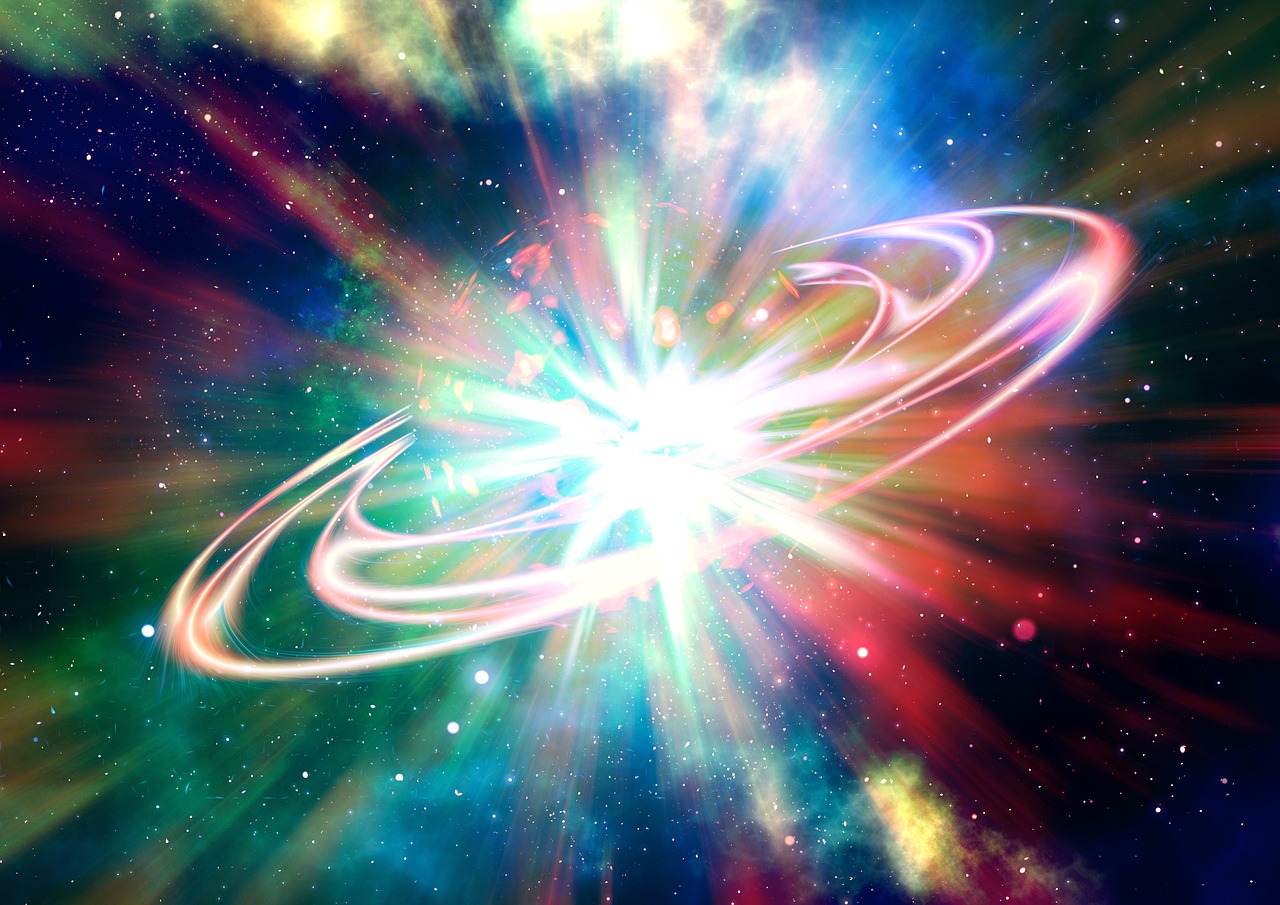
“…he who had set me apart before I was born, and who called me by his grace, was pleased to reveal his Son to me….”
Galatians 1:15-16
When it’s dinnertime at my house, I find myself putting food on the plates in a way where they all meet one another at some point. Someone invariably always comments on how they want their food to not be touching at all, lest the parts be “contaminated.” There seems to be something aesthetically pleasing about being able to look at everything on your plate, in its proper place, with no concerns about them coming in contact with each another.
This verse in Galatians reminds me of how, even before I came to earth as a baby, God decided beforehand He was going to set me apart. But how? Once, I received an early morning “vision” (for lack of a better word) of how God’s love sets us apart. The image that came to mind involved a series of concentric circles, positioned in a way analogous to the solar system with its circling planets. One could even use the example of icy rings delineated in perfect beauty as they encompass one of the larger planets in our celestial neighborhood. While not one of them is touching one another, they are still perfectly organized; one planet, or one ring, precedes the next, until nothing is visible but empty space.
When I think of how God has set me apart, I think also of a star exploding, or if one could imagine it, the moment of the Big Bang, where all of creation became existent. I consider myself as one tiny spark that emanated from the light that was God in that event. And as ripples decrease in power and size as they become distant from its source, I envision God’s creation in this same way. The first wave is the closest to the source, and thus the largest and most energetic, which initiates the subsequent ripples, until they die out altogether. This is where I received the thought that those whom God has “chosen” may have been predetermined to abide. They were, essentially, as close as Mercury is to the sun.
Discussion of the universe, or its birth, forces me to reconsider this verse in a new light. Who has God called, and to whom has he revealed his Son? When Isaiah asks “to whom has the arm of the Lord been revealed?” (53:1), he continues the chapter by leading into a poem describing the person and work of Jesus Christ, making the point a few times that his sacrifice was for all, not just the elect (vv6, 11, 12b). If the Big Bang can eventually reach to the corners of the visible universe, would it not make sense that God’s arm, who is Christ, would reach that far, and thus God’s grace as well? Would the love of God stop at the first icy ring of a planet, or be rescinded after the first ripple of creation?
Though these ideas may controversially oppose traditional Protestant thought, Scripture reveals to me that God’s love, goodness and grace reaches much further than some may want to believe. While we are separate and declare our uniqueness and individuality before God in a multitude of ways, we will all eventually return to and worship Him (Romans 14:11). He knew us before our birth, and has always longed to love us with immeasurable grace that is divine.
***
Prayer: Lord, I thank you that you have known me since before the creation of the world and that you chose me to be yours since before the dawn of time (Ephesians 1:4-6). I thank you, Lord, that your love reaches further than even my eyes can see, and that You see everyone as equal in Your sight (Romans 2:11). I am grateful, Lord, that I am like Mercury to you, and that you desire to hold me close as possible, no matter how far I try to stray from Your grasp. Father, help me to remember that You are everywhere I can be, and more, and that even in the darkest of times and places, You are present. Though my eyes may see empty space, even there you fully exist. Lord God, I pray you would use me to share the love and grace you have given me with the world. I pray, Lord, that everyone would know you well and remember that they belong to you. Your will be done, Amen.
***
